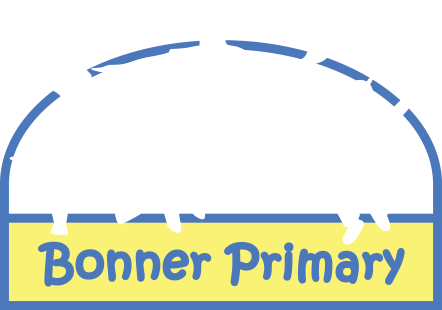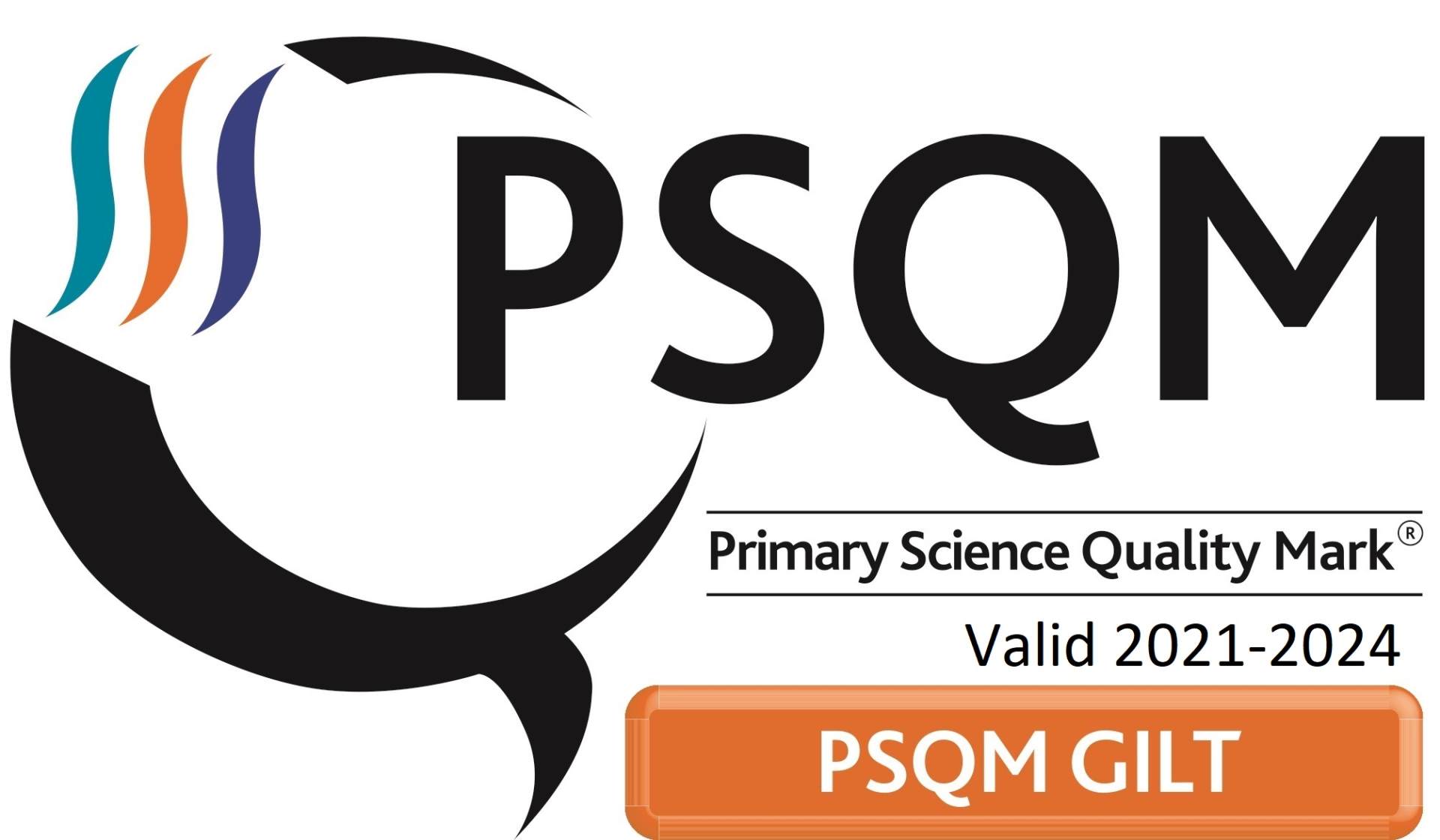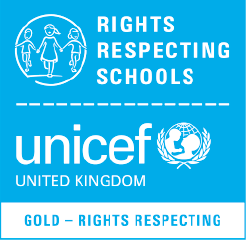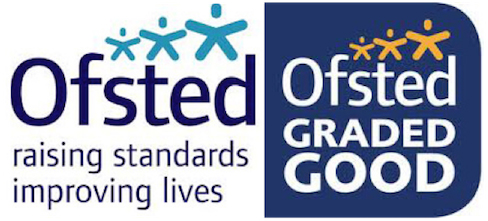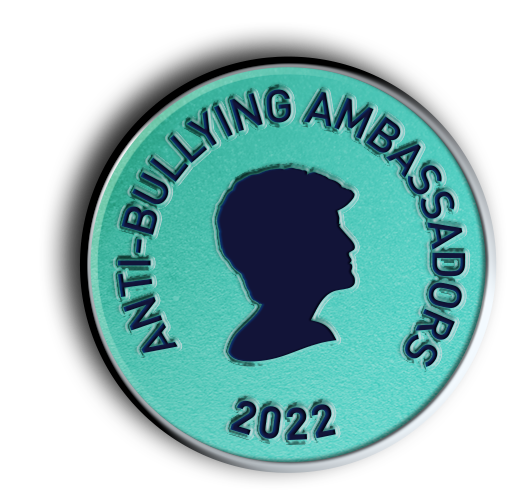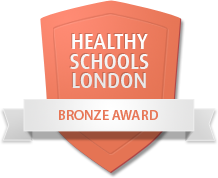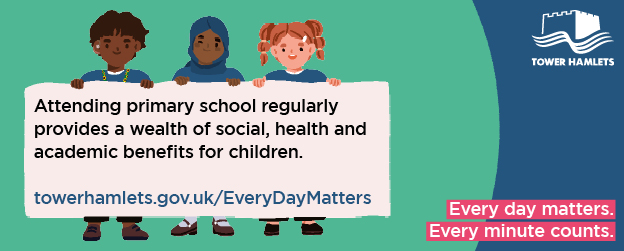Music
Intent
 To quote Hans Werner Henze, “There is no such thing as an unmusical person.” Our vision for music at Bonner is to develop and implement a fully inclusive curriculum that engages and inspires all pupils to develop a love of music and build upon their talents as musicians.
To quote Hans Werner Henze, “There is no such thing as an unmusical person.” Our vision for music at Bonner is to develop and implement a fully inclusive curriculum that engages and inspires all pupils to develop a love of music and build upon their talents as musicians.
Music is a unique and powerful form of communication that is accessible to children of all abilities and backgrounds. It can change the way we feel, think, and act. It encourages children to take risks, fosters creativity, and helps them become more engaged in learning. Children are taught to see music as relevant to everyday life and as something that gives them pleasure and a sense of well-being.
We aim to establish a lifelong passion for music as an art form that is accessible to all. There is no need for specialist skills or background knowledge to listen to and appreciate music. It is an art form intertwined with the fabric of our lives, and we aim to enable children to enrich their experiences of all types of music.
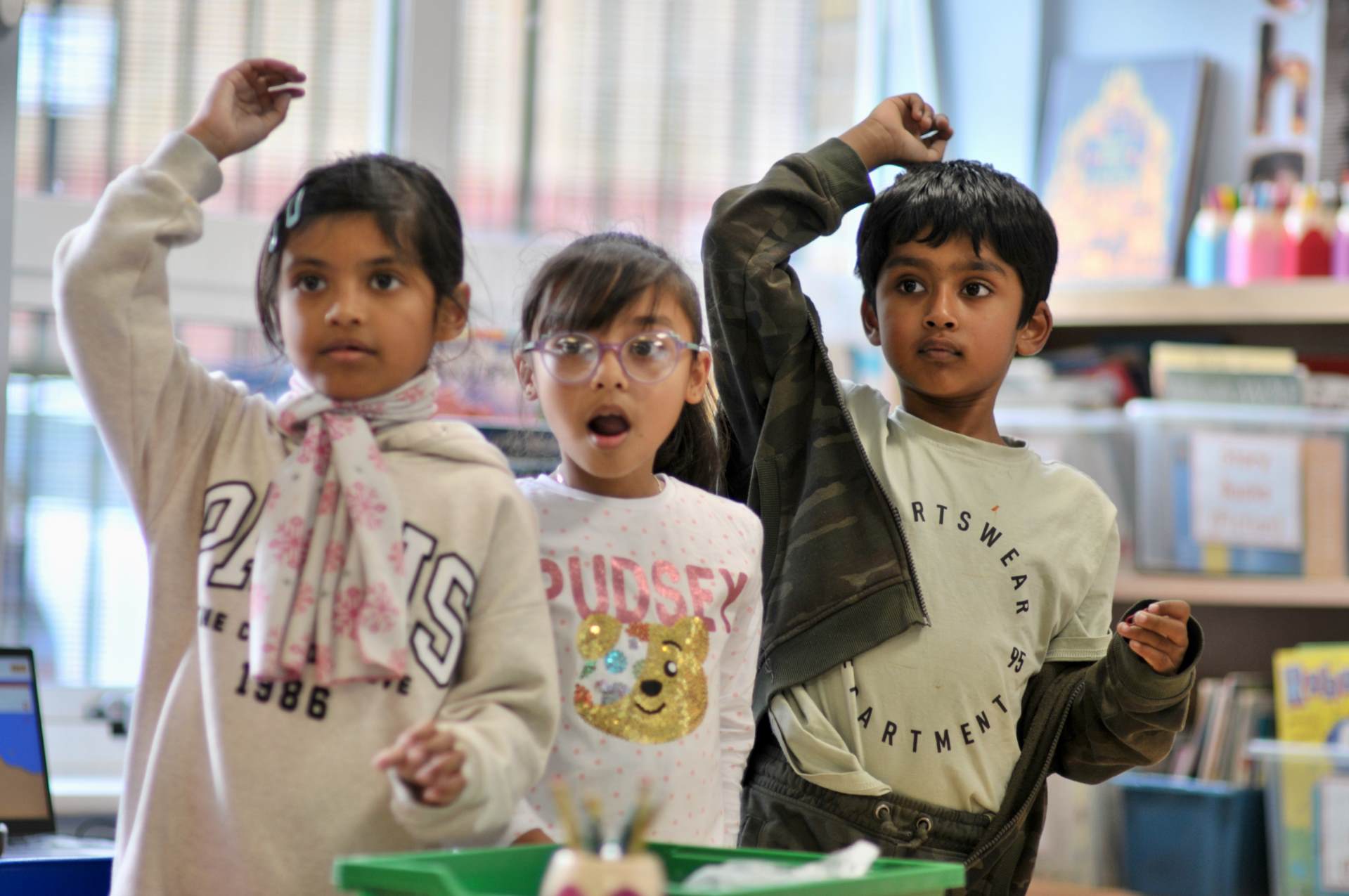
Implementation
Music teaching at Bonner delivers the requirements of the National Curriculum and the Model Music Curriculum through the use of the Charanga scheme of work. Teachers follow the suggested scheme, although adaptations are made using the ‘freestyle’ element of the package to substitute units deemed more appropriate for the needs of the pupils.

Music lessons are broken down into half-termly units, with an emphasis on musical vocabulary, allowing children to discuss pieces of music using the correct terminology. Each unit of work has an ongoing musical learning focus, and lessons usually follow a specific learning sequence:
- Listen and Appraise
- Musical Activities (including pulse and rhythm)
- Singing and Voice
- Playing Instruments
- Improvisation / Composition
- Perform and Share
Within the EYFS setting, music is an integral part of children’s learning journeys. Rhyme and rhythm are utilised throughout phonics, handwriting, and mathematics. Children learn a wide range of songs and rhymes and develop skills for performing together. Singing and music-making opportunities are used frequently to embed learning, develop musical awareness, and demonstrate how music can express feelings.
Performance is at the heart of musical teaching and learning at Bonner, and pupils participate in various performances throughout the school year. These include nativities (KS1), Easter performances (Years 3 – 5), and a Leavers performance (Year 6). Pupils also take part in weekly singing assemblies, and those who are confident are encouraged to perform solo. Parents are invited and welcomed to watch all these performances.
In addition to our curriculum provision for music, pupils also have the opportunity to participate in additional group music sessions and learn a musical instrument with peripatetic teachers. Our peripatetic music teaching is organised by the Tower Hamlets Music Service.
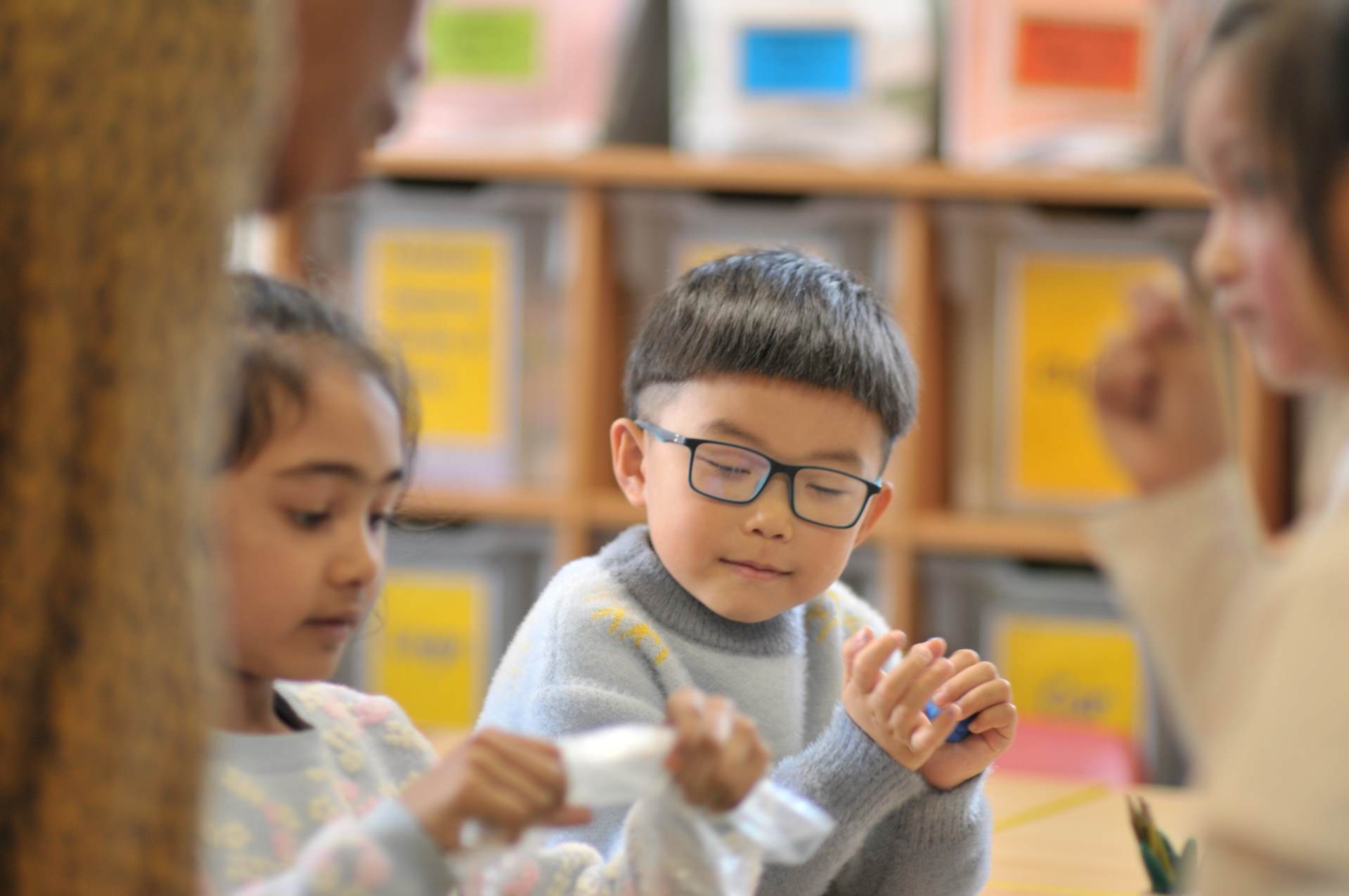
Impact
The integral nature of music and the learner creates an enormously rich palette from which a student may access fundamental abilities such as achievement, self-confidence, interaction with and awareness of others, and self-reflection. Music also develops an understanding of culture and history, both in relation to students individually and across global ethnicities.
Children can enjoy music in as many ways as they choose—whether as listeners, creators, or performers. They can dissect music and comprehend its parts. They can sing and feel a pulse and understand how to further develop skills they are less familiar with should they develop an interest in them.
The impact of our music curriculum at Bonner ensures that children are equipped with the musical skills and knowledge necessary to continue their learning journey in KS3 and in life as adults in the wider world.
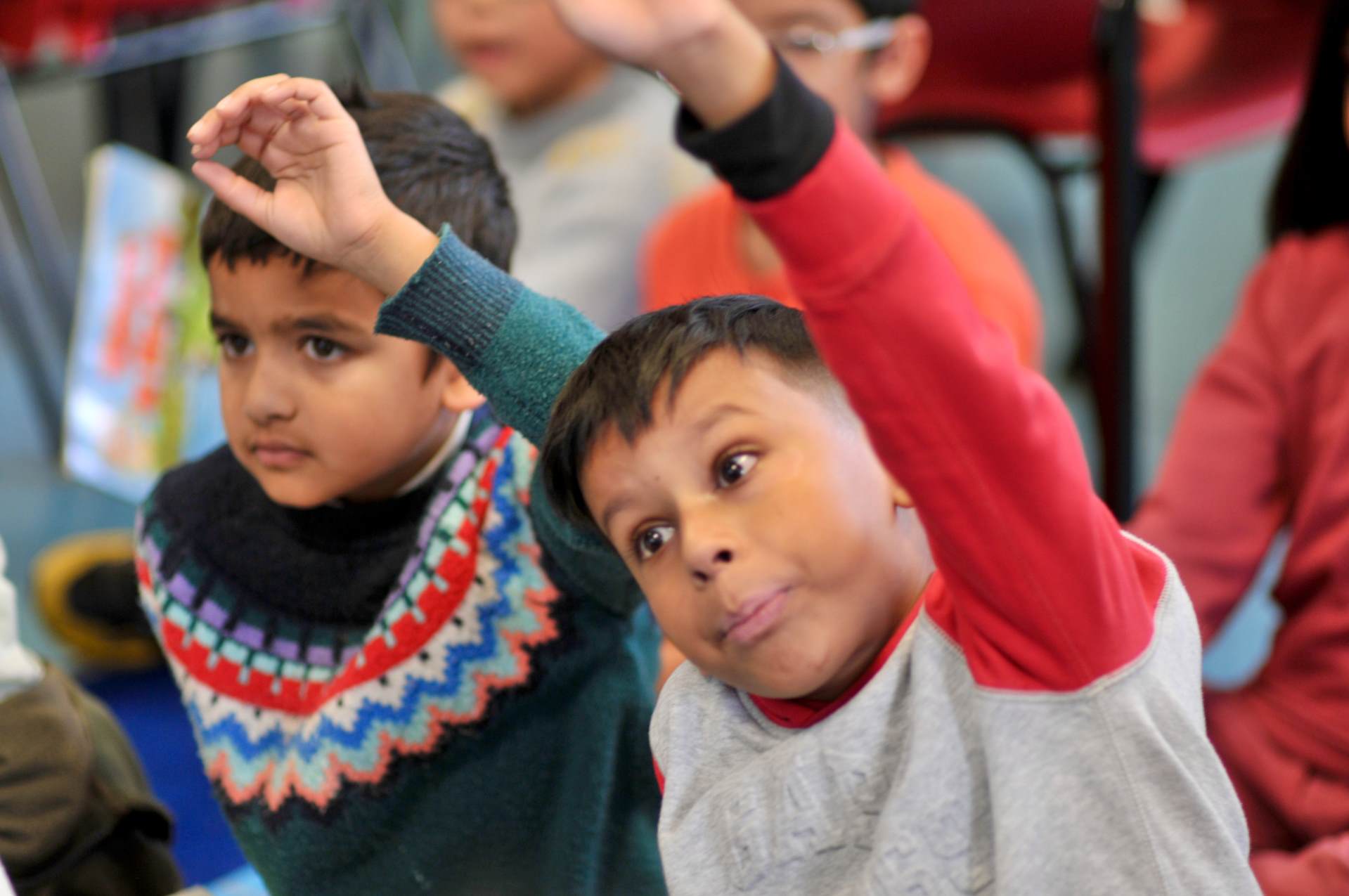
Progression of Skills
progression of skills music.pdf

